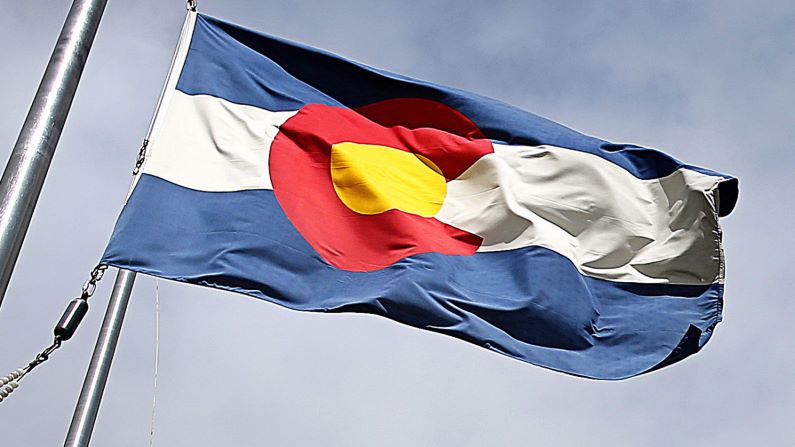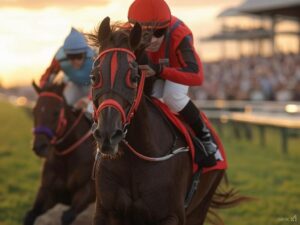Sports betting is set to become a legal pastime for residents of The Centennial State following voter action in the recent Nov. 5 election.
On Tuesday, Colorado residents voted to approve Proposition DD, which proposed the legalization of regulated wagering to generate additional revenue for the state. The referendum attracted more than 1.4 million voters who seemed to be evenly split on whether to authorize legal sportsbooks in the jurisdiction.
In the end, the Yes vote won by a narrow margin of 51.1 percent to 48.9 percent, making Colorado the 19th state to legalize sports betting since the landmark SCOTUS ruling that repealed the 1992 PASPA Rule in May last year.
The state joins a long list of other jurisdictions that have legalized the industry this year: Indiana, Iowa, Illinois, Tennessee, Montana, North Carolina, and New Hampshire.
The Making of Proposition DD
The ballot question on whether to legalize sports betting in Colorado was posed through Proposition DD. The Proposition basically asked Coloradans whether they agree to an increase in state revenue by authorizing a tax on sports betting.
The proposed tax rate is 10 percent of the operator’s gross revenue, and the funds are set to benefit the state’s water plan and cover the cost of regulating the market. The remaining funds would be allocated to local communities and the treatment of those with problem gambling.
The Colorado constitution requires residents to sign off on new taxes or tax increases through a voter referendum, and referring the issue to voters was the only path to regulated wagering in the state.
The projected revenue from sports betting is $29 million annually when the market becomes fully operational.
What Next For Colorado Sports Betting?
The passage of Proposition DD means that Colorado can move ahead with its plans to roll out legal sportsbooks within its borders.
The state’s lawmakers passed the Colorado sports betting bill HB19-1327 in early May, and Gov. Jared Polis signed it into law on May 29. The Act paves the way for the creation of a Division of Revenue under the Gaming Control Commission to regulate and license sports betting operators in the state.
Under the legislation, the 17 authorized casino operators in the precinct can apply for master licenses to offer sports betting services to Coloradans effective May 1, 2020.
There are 33 commercial and tribal gaming venues in The Centennial State. The casinos are located in three towns where gambling is legal: Black Hawk, Cripple Creek, and Central City. Racetracks are not eligible to operate sportsbooks under the current law.
Holders of the master license will be free to partner with operators of their choice for both retail and mobile betting operations. The law allows the casinos to offer a wide range of wagers on both professional and college sports events, but betting on high school games and prop bets on college sports will remain illegal.
As mentioned earlier, Colorado lawmakers set the tax rate for licensed operators at 10 percent of the gross gaming revenue. A huge chunk of the net proceeds will be used to offset a deficit in the state’s water budget.
-
Tags:








Leave a Comment